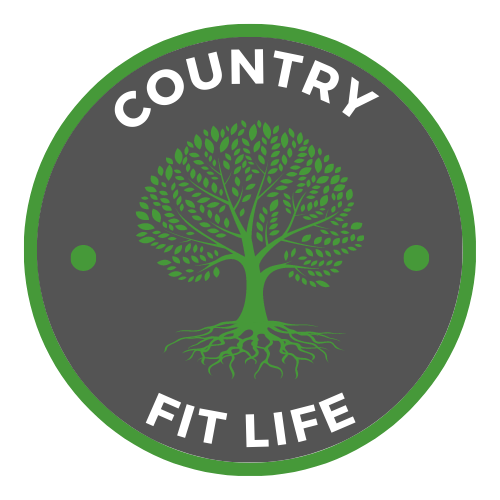“ In order to keep a tree healthy and allow it to flourish, you need to support the most basic and essential elements first; the foundation: the roots and the soil.
Similarly, if a tree is not healthy, the first place you should look for answers is those same foundational elements.”
I take the functional medicine approach to nutrition, the same approach as the tree applies.
The most important factors, and the ones examined first when gathering information, are the foundational lifestyle factors; sleep, exercise, nutrition, stress levels, relationships, and genetics.
These are the roots and soil, which are in turn influenced by specific predisposing factors, discrete events, and ongoing physiological processes, and may then result in fundamental imbalances at the trunk.
These can eventually result in the signs and symptoms that are grouped into a diagnosable collection that we call disease, represented by the branches and leaves.
Conventional medicine tends to look at the collection of symptoms first (the branches and leaves), which usually results in a disease diagnosis.
Often, this diagnosis is associated with a drug or drugs that can be prescribed to treat this constellation of symptoms, and that is the end of the story.
But this approach neglects the more fundamental aspects of health that reside in the roots and the trunk of the tree.
It treats all patients that present with similar symptoms the same and completely neglects both the inherent differences among patients as well as the myriad possible causes that a “disease” can have.
The functional medicine approach to nutrition is a patient-centred approach that involves looking at the bigger picture of your health, and which aspects of your diet, lifestyle and environment may be contributing to any health problems.
Work with Emma-Louise



